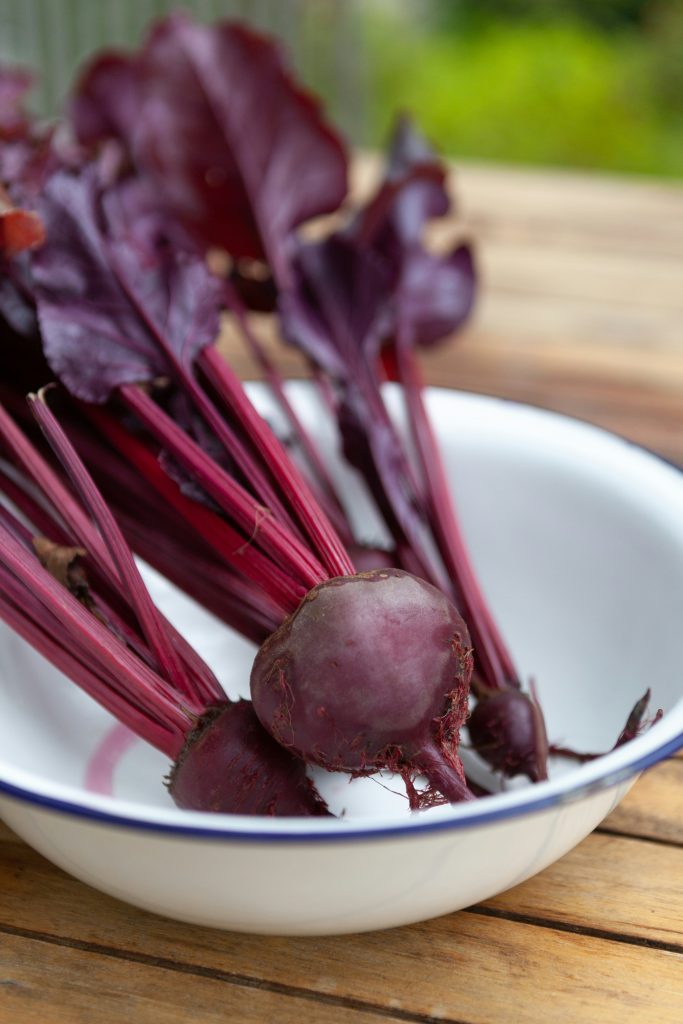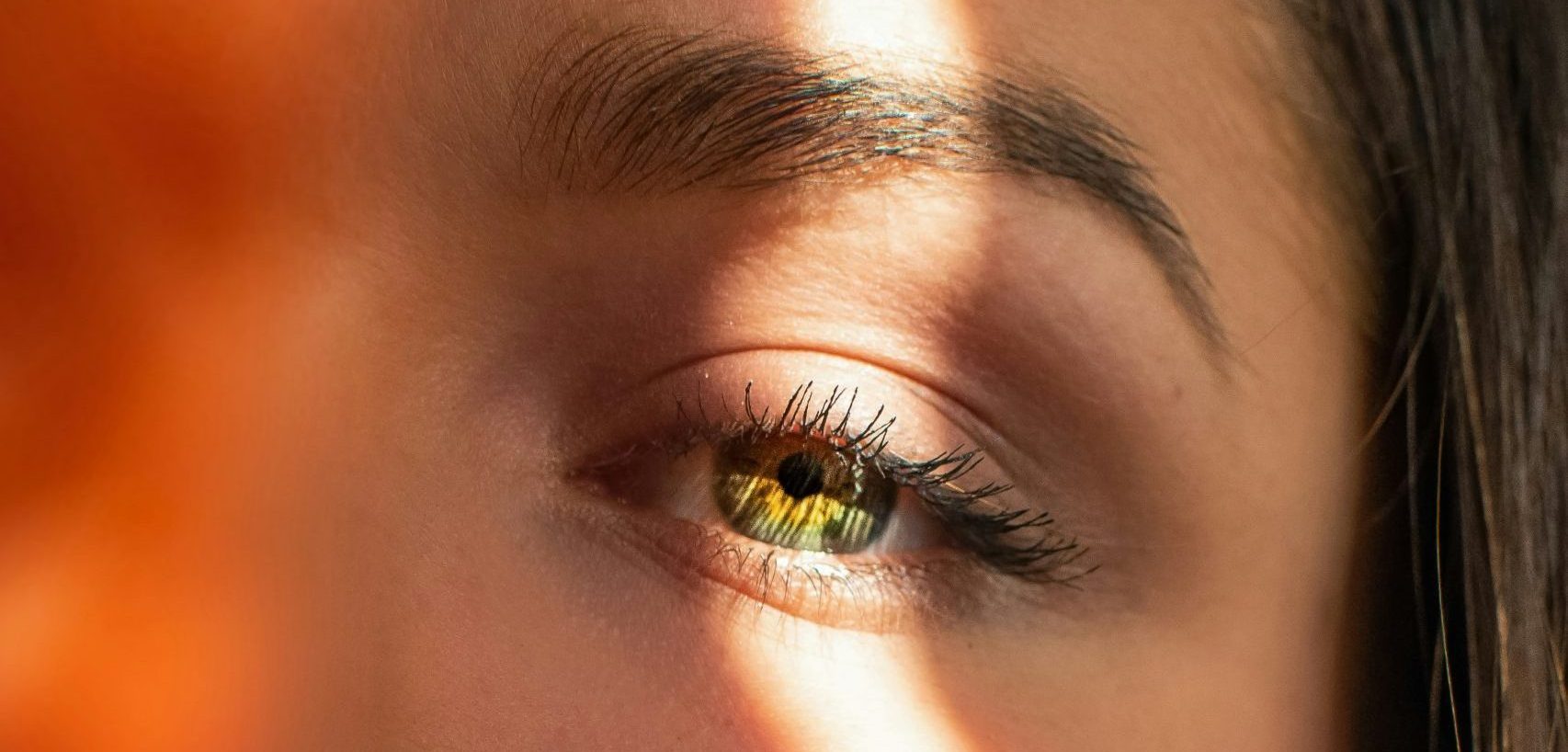Struggling with a teen skin breakout? Discover the best teen skincare routine and diet must-dos to help alleviate uncomfortable symptoms.
Teenage skin can be a battlefield of frustrating eruptions, dryness, oiliness, eczema, psoriasis flare ups and more. These teen skin breakouts can negatively impact your mental health, leaving you worried, stressed and lacking in confidence. Understanding what’s going on inside your body and the best teen skincare routine to follow can help you feel in control when symptoms strike.
The skin is the body’s largest organ and it’s connected to all the other systems. This means if you’re struggling with skin issues, it could be a sign of an internal imbalance. Here, we share some of the biggest factors at play, and the diet and lifestyle tips that may help to soothe a teen skin breakout so that you feel your best inside and out.
Relieve dry eczema-prone skin
As any sufferer knows, eczema can be really uncomfortable. This inflammatory condition shows up with dry, itchy patches of skin and can feel extremely debilitating.
Gut microorganisms play a pivotal role in the onset of eczema, and the bacteria that live in your digestive system are affected by a whole range of factors including exposure to toxins in air pollution and cleaning chemicals; pesticides in food; and dietary intolerances. These factors cause the immune system to overreact, bringing on symptoms. This is why finding the best diet and targeted skin care routine for teens will help you to get back on track.
Eating fermented foods like sauerkraut and kimchi is a useful protocol to help improve gut health. You could also try including more prebiotic foods such as oats, asparagus and banana as these prebiotics act as food for the good bugs in your gut. And to give your digestion an extra boost, HRI Teen Skin is crammed with 5 billion live cultures that can help to calm down eczema symptoms, so taking a daily supplement can be beneficial in easing flare ups.
Try and eat slowly at mealtimes, and put down your cutlery in between meals to help improve digestion. When your body digests meals well, it’s able to properly break down and absorb all the nutrients in your food.
Ease acne
Acne is really common in teens, affecting 95% of young people, mainly between the ages of 14 to 17. It’s caused when hair follicles become blocked and the glands around these hair follicles, (called sebaceous glands), overproduce an oily substance called sebum.
Acne in teens is thought to be triggered by a hormonal imbalance, specifically elevated levels of testosterone, which is a natural part of puberty. You might experience flare-ups just before your period as a result of these changing hormone levels, and stress and anxiety are also key triggers.
There are also many effective dietary measures that you can take. Reducing sugar from your diet, along with refined carbohydrates will help to stabilise hormone levels so avoid everyday foods like crisps, biscuits and white bread, saving these for an occasional treat to help get rid of spots.
Eat as many brightly-hued fruits and vegetables as you can, aiming for a variety of colours such as green and purple, (think broccoli, spinach, berries and beetroot) in your everyday diet. These are laced with skin-loving antioxidants and help to keep inflammation at bay.
Along with an antioxidant-rich diet, topping up levels of important nutrients with a targeted teen supplement like HRI Teen Skin will help to recharge your complexion with these all-important antioxidants. The formula combines eight berry extracts to help protect cells from oxidative damage so that skin appears smoother and blemish-free; and a dose of Vitamin B6 helps to balance hormones.

Soothe sore psoriasis skin
Psoriasis is a chronic condition that’s characterised by red, thickened scaly plaques of skin which itch, burn and feel very sore. Skin may even bleed at times and look dry and cracked. The state of the gut microbiome, (the bacteria that live in the digestive system) is closely linked to skin conditions in teens, and what affects your gut can influence your physical health, triggering psoriasis flare ups.
Discovering a simple and effective skincare routine for your personal skin type will help to calm down inflammatory symptoms, so keep skin clean and well moisturised daily.
Vitamin D, also known as the sunshine vitamin can aid uncomfortable psoriasis symptoms. It’s manufactured by the body from sunlight exposure, so it’s a good idea to expose teen skin to direct sunlight for around 20 minutes a day. Vitamin D3, (the active form of the vitamin) is a key ingredient in HRI Teen Skin, helping you to effectively top up levels on those grey wintery days when the sun’s rays are naturally weaker.
Banish oily skin
During teen years, the sebaceous glands are naturally out of balance, which can cause oiliness and skin breakouts. Taking care of your complexion to reduce oil secretions is the best step to reduce oily skin.
An effective skin care routine for teens involves using products made specifically for oily skin. Make sure you drink around eight glasses of water daily and include lots of yellow and orange foods such as sweet potato, oranges and carrots in your diet as these contain vitamin C, which helps to improve skin integrity. HRI Teen Skin is carefully formulated to provide a dose of vitamin C along with vitamins A and E, which also support skin health long term.
You can find more information about HRI Teen Skin here.
Main photo by Kamila Maciejewska on Unsplash
Inset photo by Annemarie Schaepman on Unsplash


